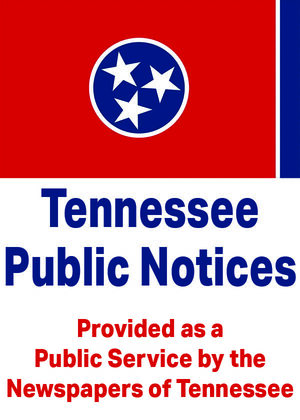Lincoln's proclamation made Thanksgiving official
November 23, 2022
by Tom Emery
The first Thanksgiving is often associated with the Pilgrims. Over two centuries later, President Lincoln was the first to make it official.
The official designation of 1863 is the most lasting of the nine proclamations for a day of thanks issued by Lincoln during his presidency.
The idea of a thanksgiving was nothing new. On Oct. 3, 1789, George Washington had issued a proclamation for a day of thanksgiving, scheduled for November 26 of that year. It had been celebrated on various days throughout the nation, as many states had their own designations.
“Thanksgiving had much of its actual origins in religious proclamations by bishops,” said Dr. James Cornelius, the former Curator of the Lincoln Collection at the Abraham Lincoln Presidential Library and Museum in Springfield. “Forms of thanksgiving had been celebrated throughout much of New England, and continued through colonial times.”
The impetus for an official national day of Thanksgiving came from Sarah Josepha Hale, the 74-year-old editor of Godey’s Lady’s Book, a popular women’s magazine. Hale had written to several previous presidents asking for such a holiday, to no avail.
On Sept. 28, 1863, she wrote Lincoln, urging him to declare “a day of our annual Thanksgiving made a National and fixed Union festival.” Noting “an increasing interest felt in our land to have Thanksgiving held on the same day, in all the states...it now needs national recognition and authoritative fixation, only, to become permanently an American custom and institution.”
Lincoln had actually made several Thanksgiving proclamations during his administration. On Nov. 28, 1861, he had ordered all government departments to shut down for a local day of thanksgiving, and he requested national days of “humiliation, prayer, and fasting” on multiple occasions. Lincoln also proclaimed thanksgiving for “signal victories” in the Union war effort in April 1862 and another remembrance on Aug. 6, 1863.
On October 3, 1863, Lincoln heeded Hale’s call. He issued his own proclamation, declaring the last Thursday in November “as a day of Thanksgiving and Praise.” In 1863, that date would have also been Nov. 26.
“It was not only the anniversary of Washington’s proclamation, but it also fell on the same day of the week,” said Cornelius. “There’s a sense of history in Lincoln’s effort.”
The words were actually penned by Secretary of State William Seward, and the original draft was later sold to benefit Union soldiers. To be sure, the proclamation was certainly heavy with military reference. Passages such as “in the midst of a civil war of unequaled magnitude and severity” and “the advancing armies and navies of the Union” called to light the national tragedy of the war.
Still, 1863 had been productive for the North, with key victories at Gettysburg, Vicksburg, and elsewhere. “There was reason to celebrate the progress of the war,” said Cornelius. “Those were important victories, and Lincoln wanted to remember them.”
Scholars have long debated the extent of Lincoln’s Christianity, but the 1863 proclamation makes repeated religious references. Phrases as the “watchful providence of Almighty God,” “the gracious gifts of the Most High God,” “our beneficent Father,” and “the Almighty Hand” are sprinkled throughout the document.
“Lincoln saw the day as an appropriate time to give national gratitude for God’s plan and goodness,” said Dr. Cullom Davis, a nationally recognized Lincoln scholar from Springfield. “It was yet another reason to be thankful.”
“To top it off, the year of 1863 brought a pretty good harvest,” remarked Cornelius. “Lincoln saw plenty of reasons to celebrate, and they are all summarized in the Thanksgiving proclamation. References to historical tribute, the military, religion, and agriculture are all found in the document.”
The first official Thanksgiving Day in 1863 would bring even more reason for the North to celebrate. On Nov. 25, the day before, Union troops earned an important victory at Chattanooga. The holiday was exactly a week after Lincoln delivered his Gettysburg Address.
Many also credit Lincoln as the first President to ceremoniously pardon a turkey, now an annual White House tradition. Lincoln pardoned the bird at the behest of his young son Tad in 1864.
In 1941, Congress authorized a resolution that switched Thanksgiving from the last Thursday in November to the fourth Thursday of the month.
Tom Emery is a freelance writer and researcher from Carlinville, Ill. He may be reached at 217-710-8392 or [email protected].



Reader Comments(0)